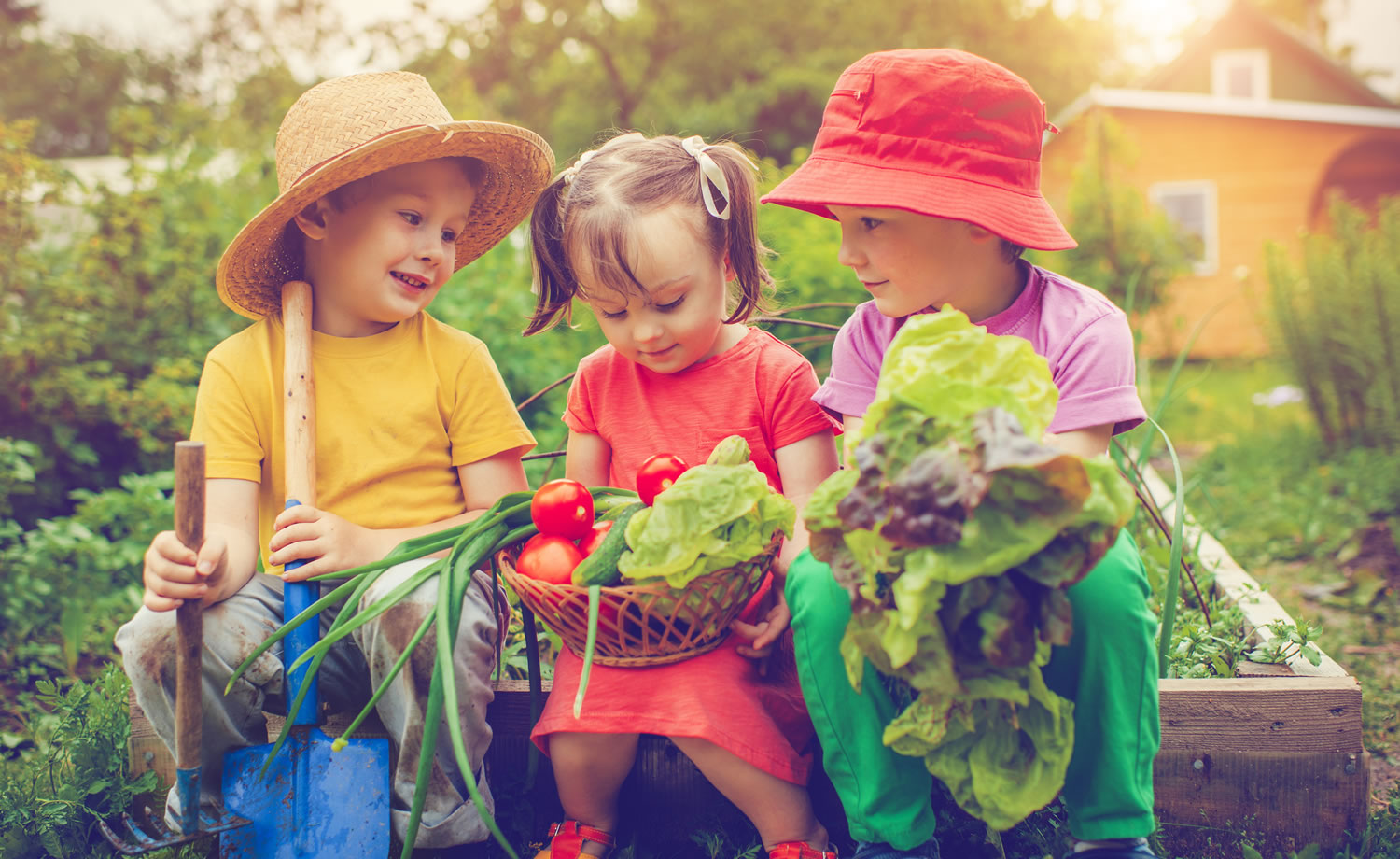Profile – Sustainable Play Preschool
Published on Tuesday, 20 April 2021
Last updated on Wednesday, 08 December 2021

Australia’s first vegan preschool is set to open in early autumn this year and will be serving 100 per cent plant-based meals to children.
Sustainable Play Preschool in the suburb of Barnsley will serve the Newcastle community, caring for preschoolers aged three to five years.
The centre “weaves sustainable and ethical practices into all aspects of children’s learning, wellbeing and educational outcomes while providing a quality, play-based curriculum and plant-based meals for preschoolers,” according to their marketing.
While the centre is being hyped as a ‘vegan’ preschool, their philosophy focuses more broadly on teaching children about living sustainably in every area of life, not just having a plant-based diet.
From construction to curriculum, Sustainable Play Preschool has adopted eco-friendly attitudes and practices. Architect Ben Rainsford of Rainsford Architecture + Design in Newcastle was contracted to reimagine an existing house and dance studio on the school’s site and redesigned the structures to suit the needs of the preschool rather than building new.
This sustainable ideology also sees the preschool reusing day-to-day items wherever possible to reduce waste, using rainwater tanks and solar panels to service their water and power needs and supporting local businesses by buying Australian-made and local products.
They will also be having ‘bush kindy’ excursions to local farms and nature reserves and will focus on play-based learning in their daily curriculum. They intend to encourage ‘risky play’ in the bush kindy, where children are allowed to engage in challenging, thrilling activities that involve the risk of injury (with appropriate supervision) such as climbing trees and handling tools, in order to build resilience, confidence and independence, test limits, explore boundaries and learn about injury risk.
The school also intends to hold sustainable play workshops for the community, teaching families about cooking with kids, sensory play, gardening for children and more about risky play.
This is both to educate the community about the principles and practices of sustainable play, as well as introduce families to the facilities and ideologies of the centre, including their dietary offerings.
Some examples of meals being offered to children are baked tofu mac’n’cheez with cauliflower, broccoli and mushrooms, and banana ‘nice’ cream topped with berries and peanut butter drizzle. All meals have been planned by a dietitian to meet the nutritional needs of the children.
Although all food offered at Sustainable Play will be 100 per cent plant-based, adopting a plant-based diet is not necessary for staff or for the children attending the centre or their families. Instead, they simply ask children to “eat plant-based while at school,” and teach them about sustainable plant-based food systems and cycles.
This takes kids through everything from planting seeds in the centre’s on-site garden - designed by Sydney company Edible Kids’ Gardens - and tending the plants as they grow, through to harvesting fruit and vegetables then learning to prepare and cook the food in the centre’s commercial kitchen, which they will then eat.
They will also learn about composting scraps to feed worm farms and give back to the plants as they grow, thus completing the cycle.
The idea behind the ideology is to help the next generation become more aware of how to live lightly on the earth through sustainable food and living practices.
With this in mind, educators will also be teaching children about what’s known as the ‘waste hierarchy’, where they will learn to reduce waste, reuse as much as possible, repair when they can, recycle or compost applicable materials and more.
They will also build resilience and self-awareness among children in their care through mindfulness practices, to help children deal with the stresses of daily life such as separation anxiety and other uncomfortable and challenging moments.
These practices can include yoga and meditation in short sessions to suit preschoolers’ needs and attention spans but can also include activities inherent in childhood that also build mindfulness.
Drawing and colouring, listening to music, walking outdoors and gardening can all help to reduce anxiety in children as much as adults, and are beneficial in the everyday. Any activity that requires focus, helps children to stay in the moment and creates a rewarding end result can be an exercise in mindfulness.
Related Articles

Going green improving sustainability practices in your centre
Boosting sustainbility practices in your service to lessen the effects of climate change and ensure future generations can continue to thrive.

Serve veggies with fun, frequency and a side of patience
AIHW research reveals that less than one per cent of children are eating the right quantity of vegetables each day. This article includes five strategies for early childhood services to boost vegetable consumption.

Going vegan? Considerations for EC services
Accredited dietitian Nicole Dynan, explains the key considerations for early childhood services seeking a more plant-based menu.
